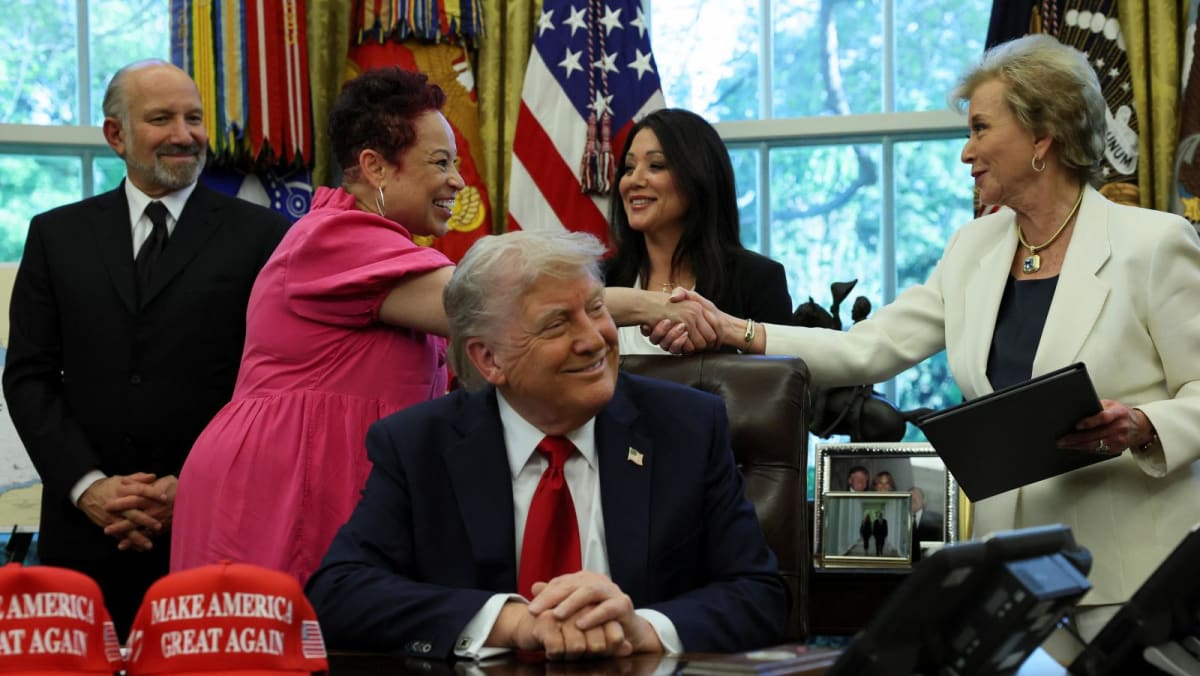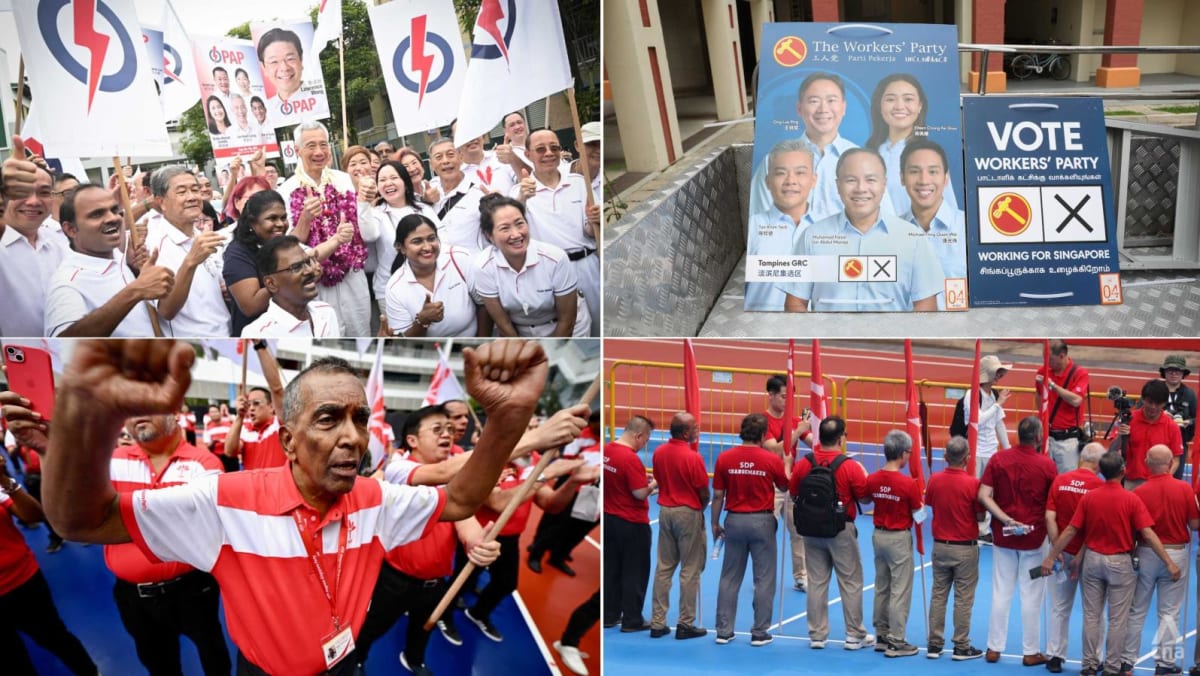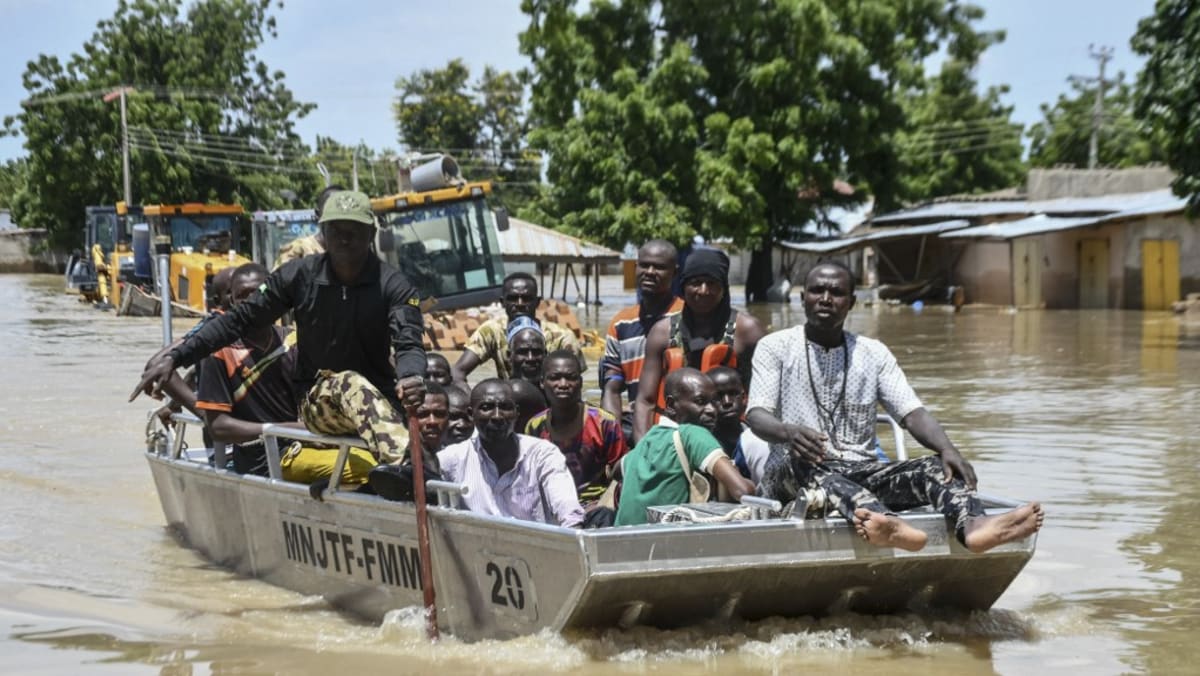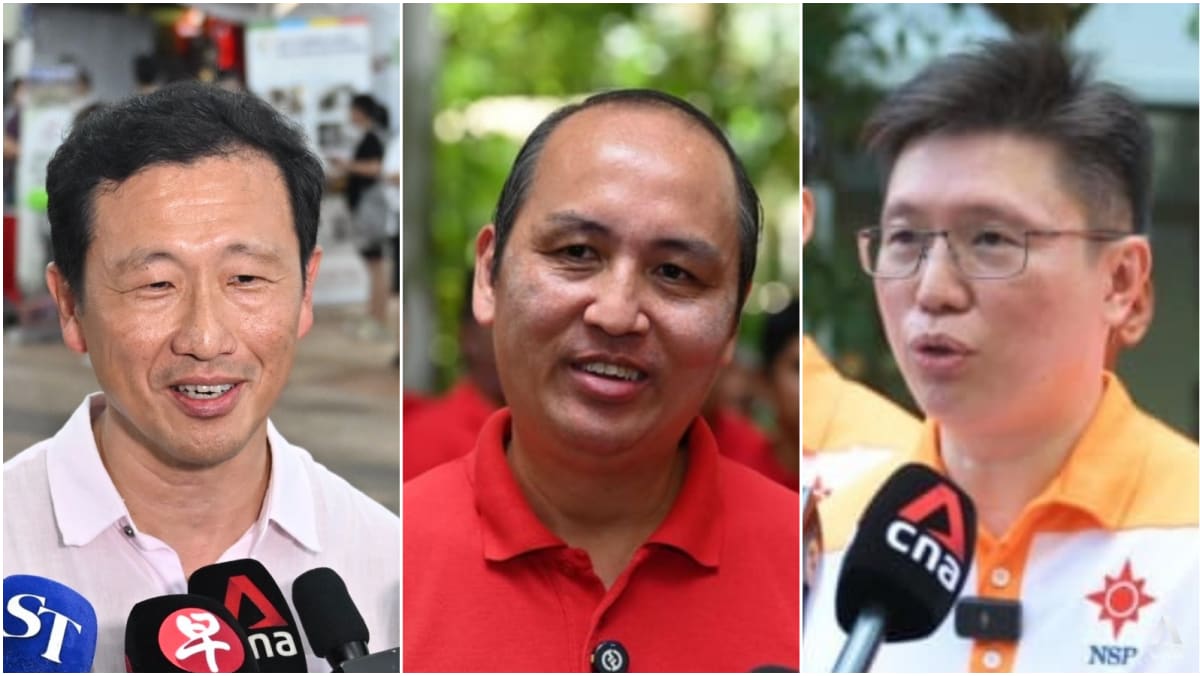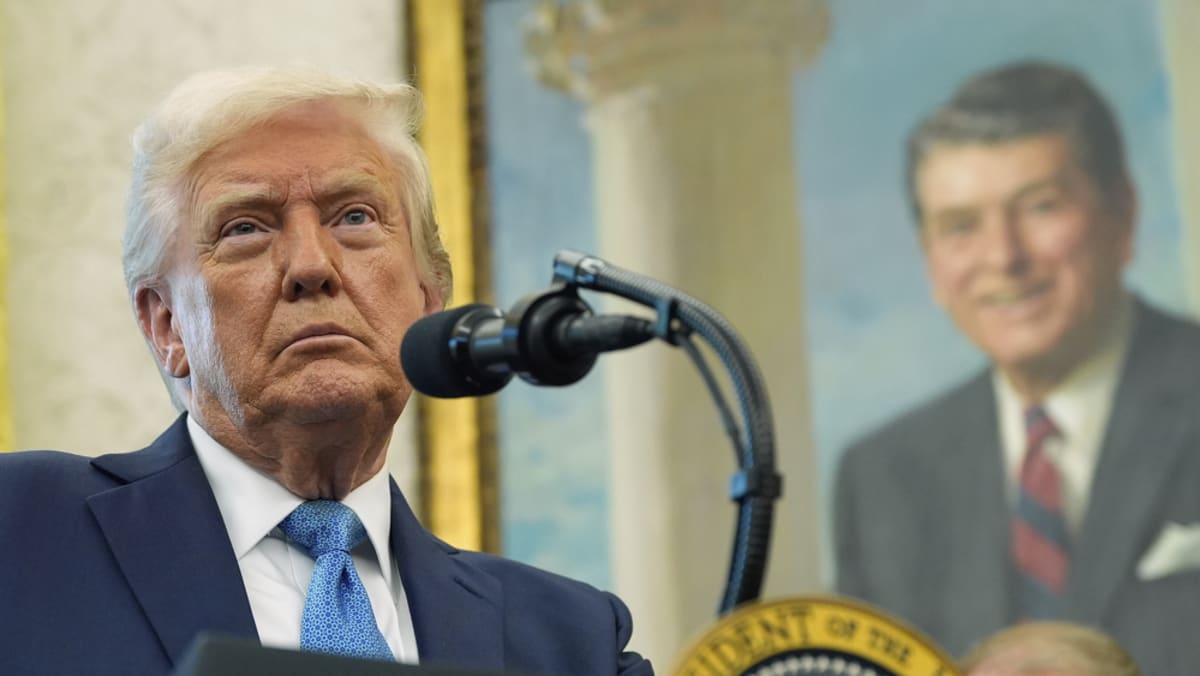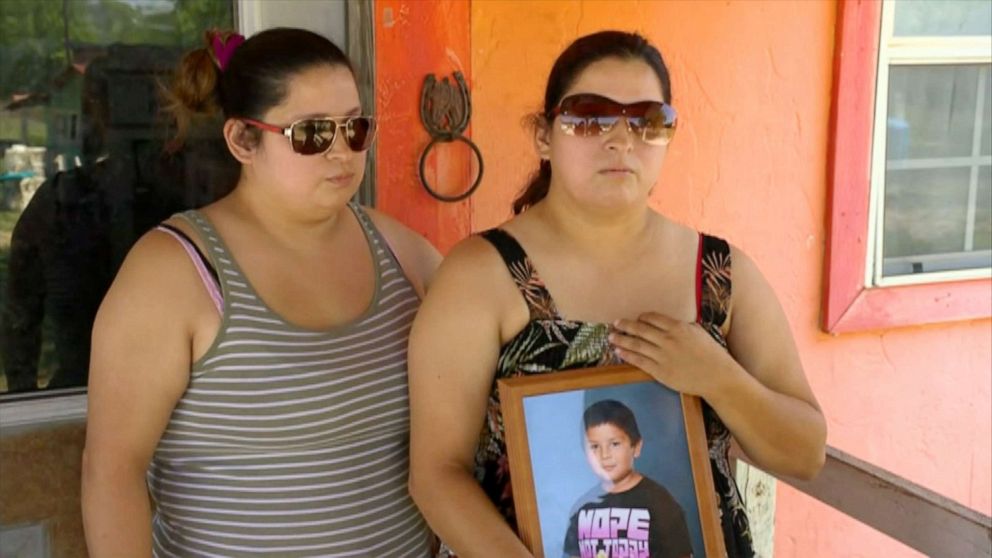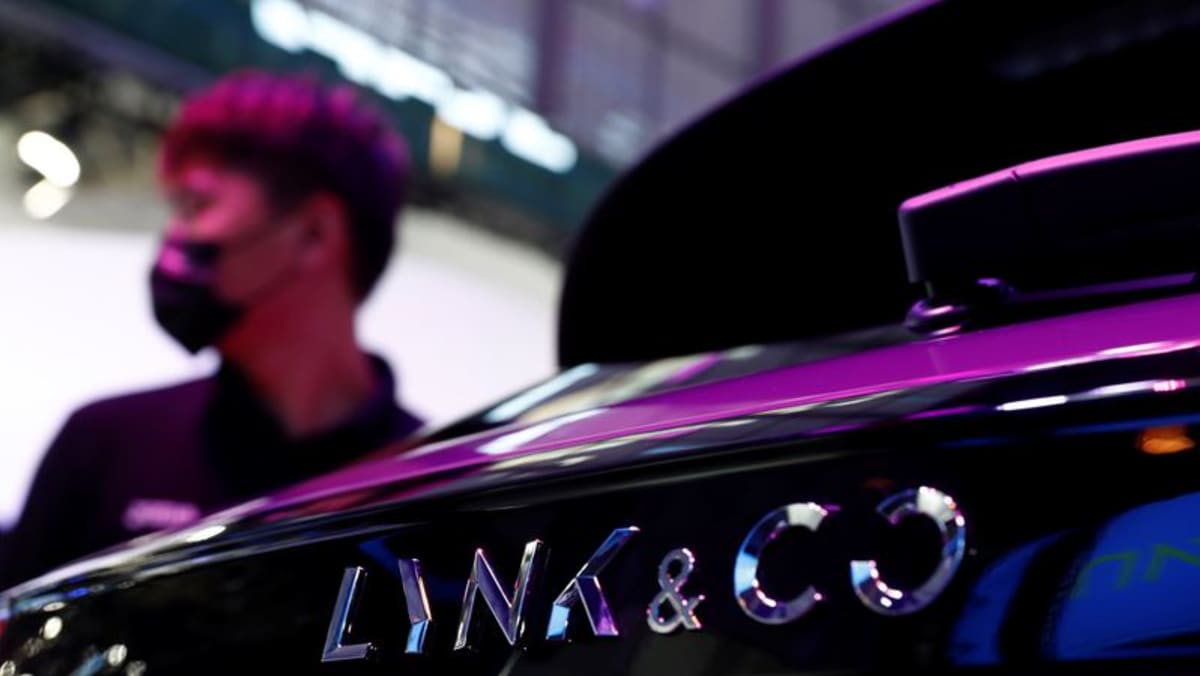Hezbollah: Lebanese armed group with growing regional role
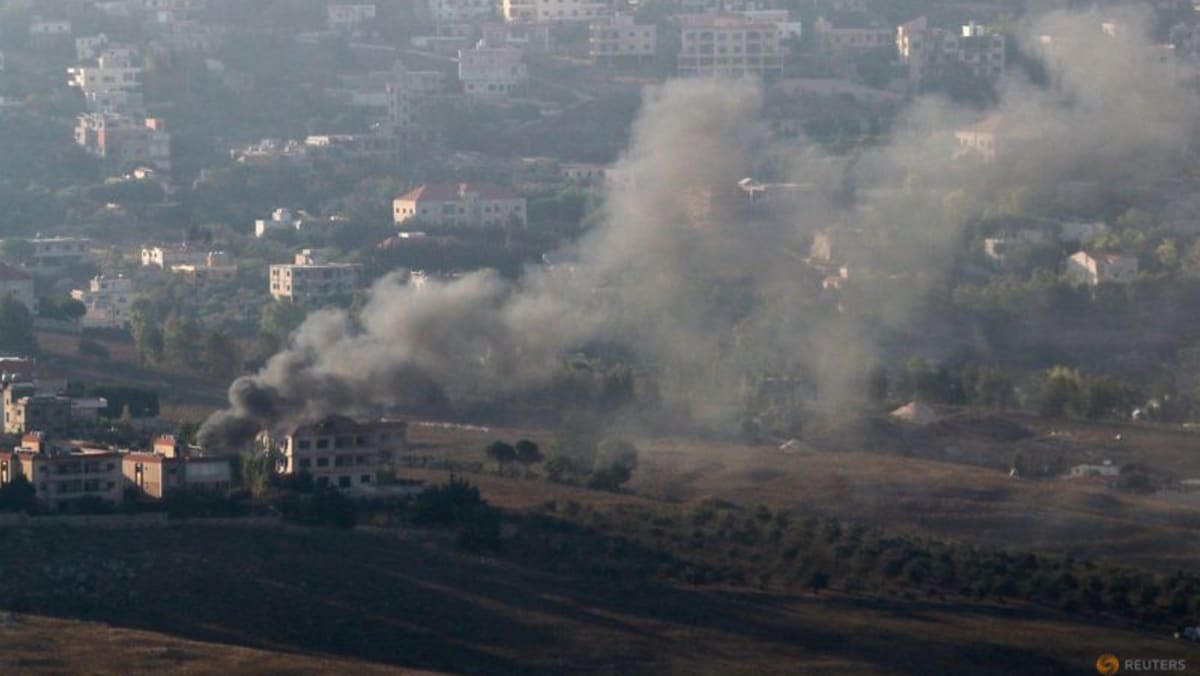
REGIONAL, DOMESTIC INFLUENCE
Hezbollah is a key actor in the Middle East, where it plays a central role in the “axis of resistance”.
It has supported and trained Iran-backed groups in Iraq and Houthi rebels in Yemen, who since October have claimed attacks on Israel and Israeli-linked shipping interests.
Hezbollah is also present in Syria, where many of its members have fought in support of President Bashar al-Assad in his country’s civil war, with Damascus also an ally of Tehran.
Domestically, Hezbollah is the only Lebanese faction to have retained its weapons after the country’s 1975 to 1990 civil conflict, doing so in the name of “resistance” against Israel.
It is now a key political player, though detractors have accused it of being a “state within a state”.
Political deadlock between Hezbollah allies and their adversaries since late 2022 has prevented the election of a new president, in a country experiencing a grinding economic crisis.
SERVICES
Founded in Lebanon’s Bekaa Valley, Hezbollah has become predominant in all Shiite Muslim areas of Lebanon, while its key religious and financial institutions are based in Beirut’s southern suburbs.
The movement runs an extensive social services network, complete with schools, hospitals, emergency responders and a wide range of charitable organisations serving its supporters.
Its trademark yellow flags and huge portraits of Nasrallah, along with pictures of slain commanders, fighters and “axis of resistance” figures, adorn areas of the country where it is popular.
The United States has considered Hezbollah a “terrorist” organisation for years, blaming it for a series of bombings and hijackings in the 1980s, including one targeting US Marines in Beirut. The European Union applies the classification to the group’s armed wing.
In 2022, a UN-backed court sentenced two Hezbollah members in absentia to life imprisonment for a huge Beirut bombing in 2005 that killed Lebanon’s former premier Rafic Hariri.
Source: CNA


